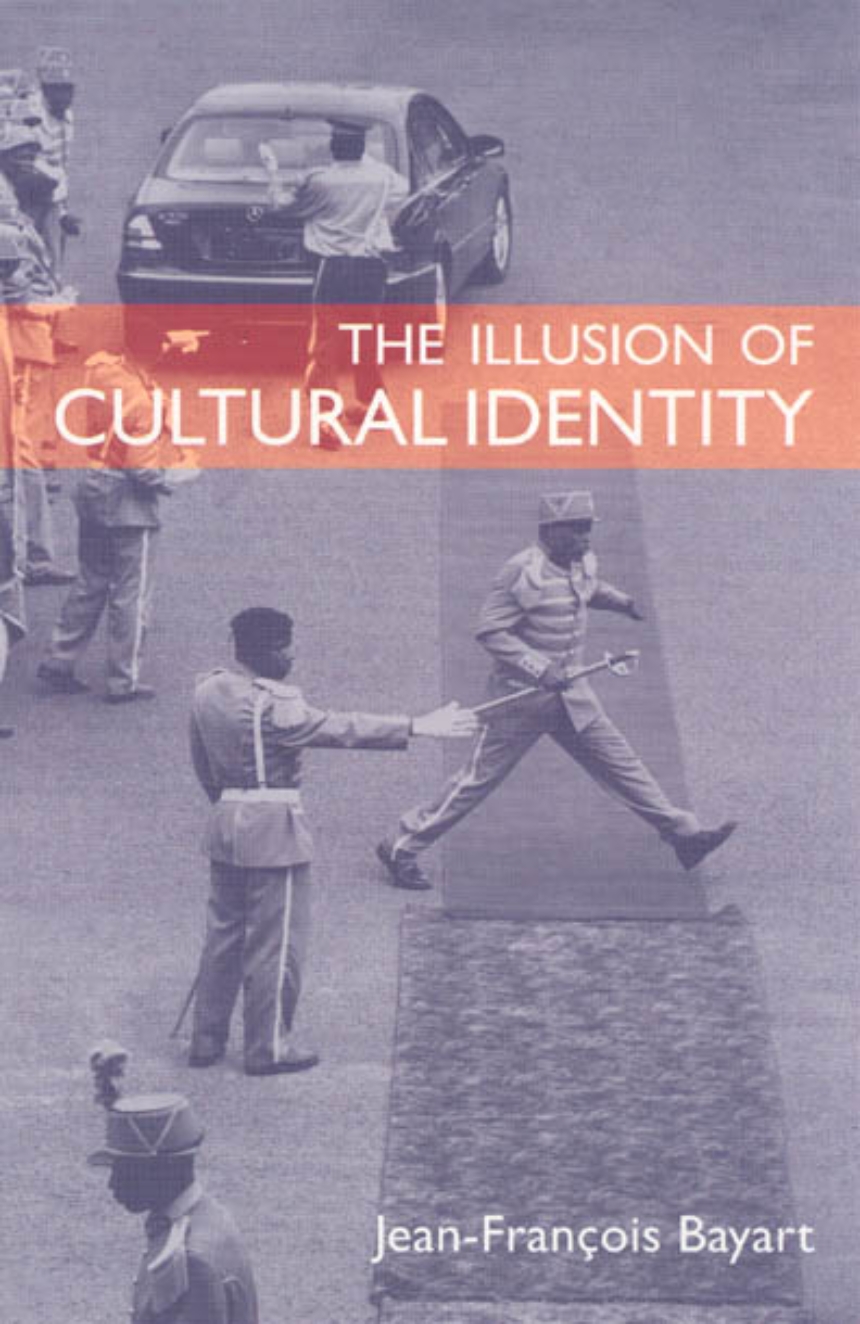The Illusion of Cultural Identity
The concept of cultural identity has become for many a convenient explanation for most of the world’s political problems. In The Illusion of Cultural Identity Jean-François Bayart offers a sustained critique of this rationalization by dispelling the notion that fixed cultural identities do, in fact, exist.
In this highly sophisticated book, Bayart shows that the very idea of cultural identity prevents us from grasping the cultural dimensions of political action and economic development. Identities, he argues, are fluid, never homogeneous, and sometimes invented. Political repertoires are instead created through imagined, highly ambiguous aspects of culture—what he calls "imaginaires." For instance, the long beards worn by men in some fundamentalist groups are thought to be key to their core identities and thus assumed to be in conflict with modern values. These beards, however, do not stand in the way of the men’s use of technology or their embrace of capitalism—an example Bayart uses to demonstrate the equivocality of cultural identity. The theoretical implications of Bayart’s analysis emerge from a fascinating collection of historical examples that often surprise and always instruct.
In this highly sophisticated book, Bayart shows that the very idea of cultural identity prevents us from grasping the cultural dimensions of political action and economic development. Identities, he argues, are fluid, never homogeneous, and sometimes invented. Political repertoires are instead created through imagined, highly ambiguous aspects of culture—what he calls "imaginaires." For instance, the long beards worn by men in some fundamentalist groups are thought to be key to their core identities and thus assumed to be in conflict with modern values. These beards, however, do not stand in the way of the men’s use of technology or their embrace of capitalism—an example Bayart uses to demonstrate the equivocality of cultural identity. The theoretical implications of Bayart’s analysis emerge from a fascinating collection of historical examples that often surprise and always instruct.
296 pages | 5 1/2 x 8 1/2 | © 2005
Anthropology: Cultural and Social Anthropology
Religion: Religion and Society
Table of Contents
Acknowledgments
Foreword
Part I. The Beaujolais Nouveau Is Here!
1. The Interweaving of Traditions: Globalisation and Cultural Closure
Three dreams of identity
The invention of tradition as the invention of modernity
Culturalism as an ideology of globalisation
Christianity and globalisation in Africa
2. Should we stop using the word ’Culture’?
Heritage or production?
Cultural extraversion and the transfer of meaning
The fabrication of authenticity
The formation of primordial identities
Tableaux of thought or tables of the law?
Political utterance
Part II. Owls With Rheumy Eyes
3. The Imaginary Polis
The irreducibility of political imaginaries
The imaginaire, a principle of ambivalence
4. The Materialisation of the Political Imaginaire
The political symbolism of hair
In the political oven: the culinary polis
The political symbolism of clothing
The imaginaire, a principle of incompleteness
Conclusion: the Paradoxical Invention of Modernity
Notes
Index
Foreword
Part I. The Beaujolais Nouveau Is Here!
1. The Interweaving of Traditions: Globalisation and Cultural Closure
Three dreams of identity
The invention of tradition as the invention of modernity
Culturalism as an ideology of globalisation
Christianity and globalisation in Africa
2. Should we stop using the word ’Culture’?
Heritage or production?
Cultural extraversion and the transfer of meaning
The fabrication of authenticity
The formation of primordial identities
Tableaux of thought or tables of the law?
Political utterance
Part II. Owls With Rheumy Eyes
3. The Imaginary Polis
The irreducibility of political imaginaries
The imaginaire, a principle of ambivalence
4. The Materialisation of the Political Imaginaire
The political symbolism of hair
In the political oven: the culinary polis
The political symbolism of clothing
The imaginaire, a principle of incompleteness
Conclusion: the Paradoxical Invention of Modernity
Notes
Index
